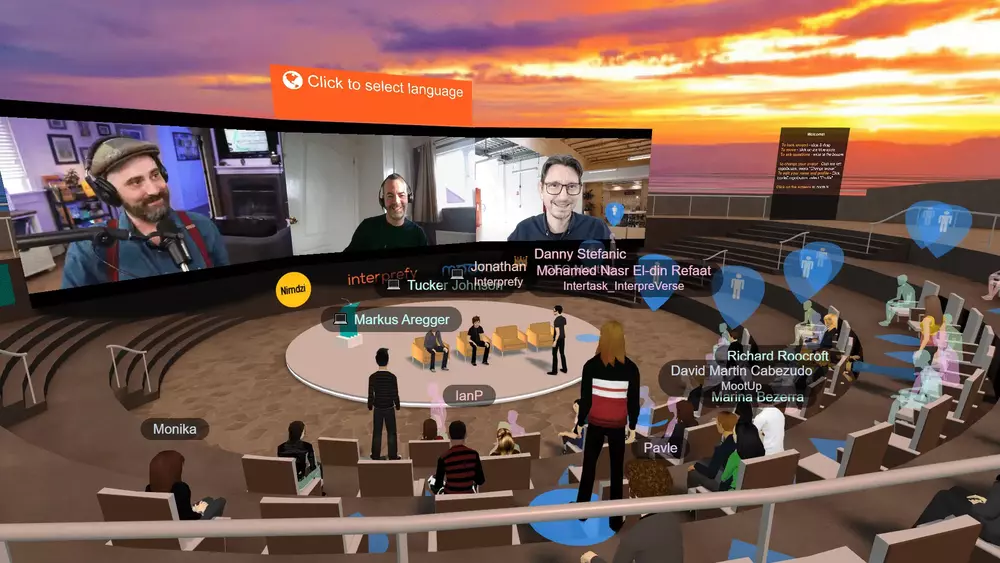Thanks to modern technologies, it’s easier than ever for businesses to deliver meetings, webinars, and events via the internet. While the move toward virtual and hybrid events meetings was accelerated due to COVID-19 lockdowns and safety concerns, businesses have embraced the opportunity to reach larger and more distant audiences online.
But businesses need to balance these benefits with new risks and threats. This is especially true today, when virtual and hybrid events are reaching maturity and the initial novelty around the format has given way to clearer measures for performance. As organisations are responsible for safeguarding a huge amount of attendee and speaker data, cybersecurity is a crucial concern for online event managers. Depending on their objectives, hackers may attempt to steal your business data, attendee personal and payment data, or they may seek to spread malware to attendee devices.
Robust cybersecurity is key to minimising these risks and protecting your reputation, along with your audience’s data. For organisations, another concern is complying with strict data privacy regulations like GDPR in the EU or American state-specific laws like the CCPA in California. Failure to meet GDPR compliance, for instance, can cost €20 million or up to 4% of annual global turnover.
While Interprefy isn’t a data security company, we are ISO 27001 certified and our Information Security Management Systems is aligned with standards in the area of data security and recommended best practices. Drawing from our expertise and experience with online and hybrid events, we’ve put together a checklist for organisations looking to improve their event cybersecurity. Let’s dive in.


.jpg)

-min.png)
-min.png)
-min.png)

.webp)

-min.png)
 More download links
More download links



